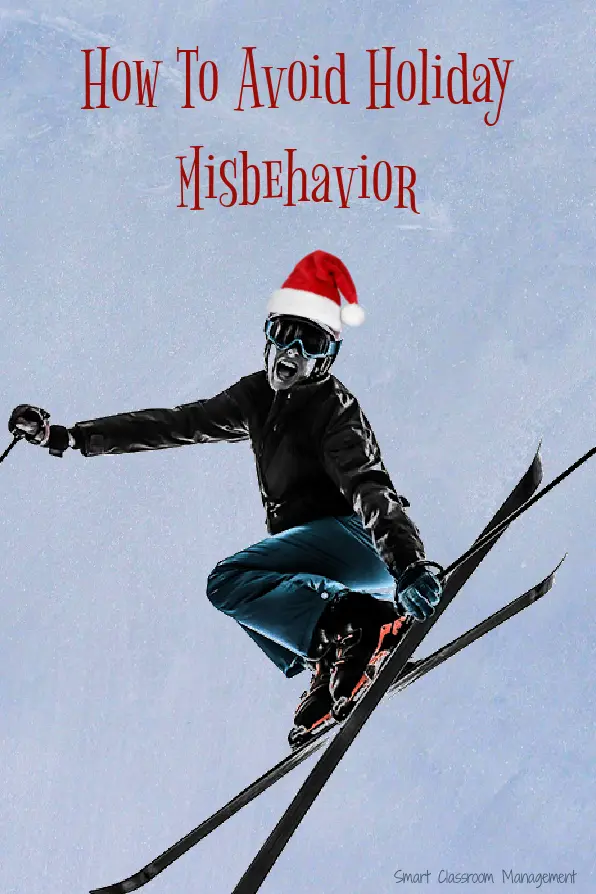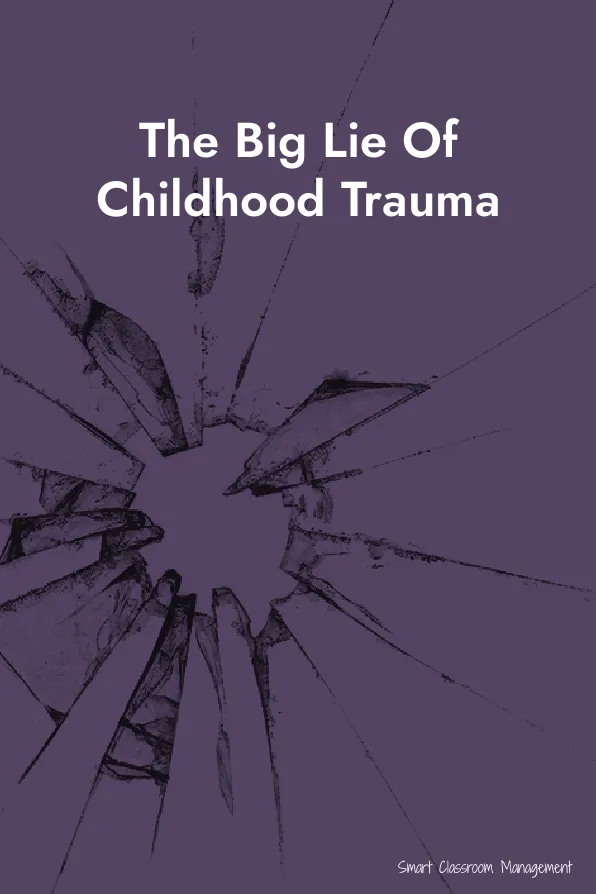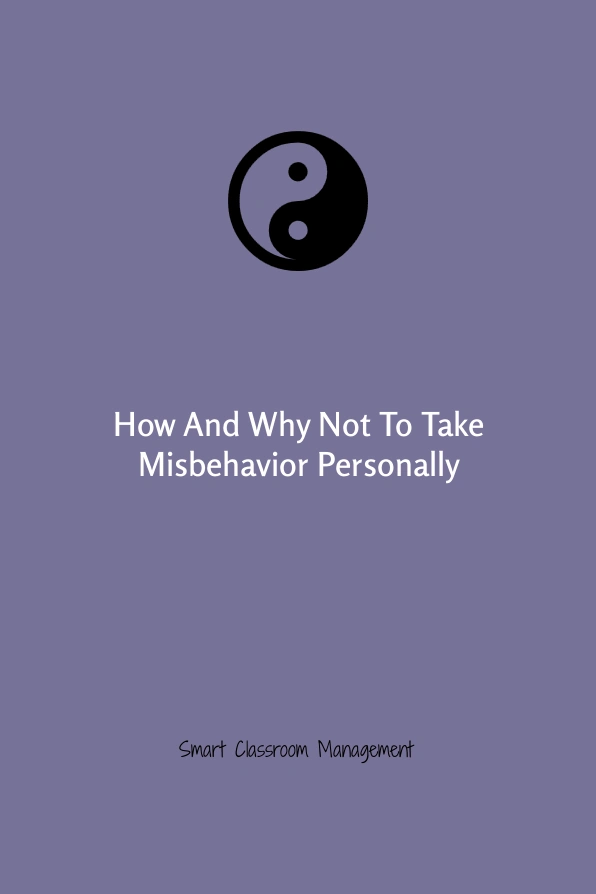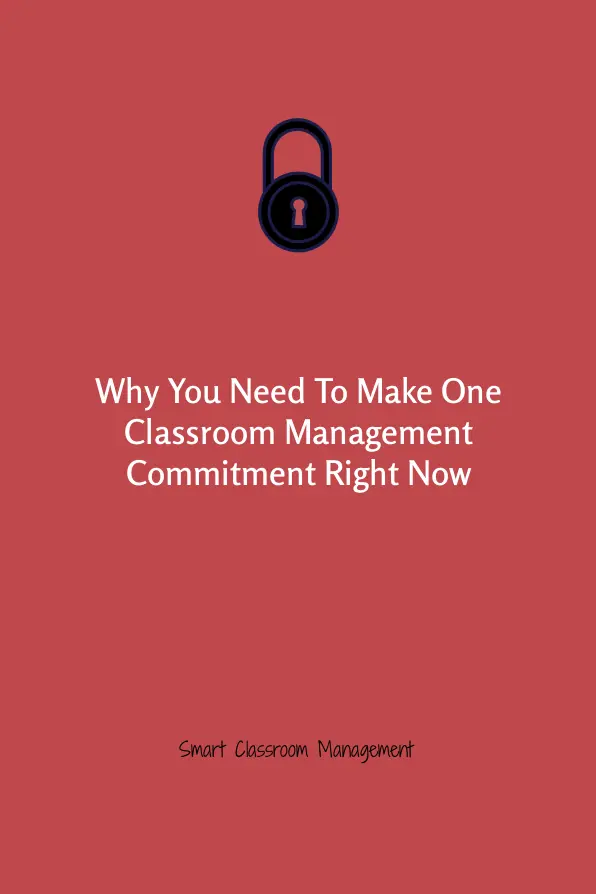Misbehavior tends to increase as we edge closer to holiday break. It’s a phenomenon as old as Santa and just as predictable.
But it isn’t inevitable.
There are strategies that allow you to avoid the rise in rambunctiousness, excitable voices, and impulsively bad behavior.
But you’ve got to start now before you find yourself losing control and too stressed to enjoy the season.
What follows are my favorite three strategies to calm the blizzard and ensure a smooth ride to the bottom of the slope.
1. Review your plan.
Whenever you’re in doubt about what to do in response to increased misbehavior, always and first double-down on your classroom management plan.
In this case, you’ll review it before witnessing any worsening behavior. How detailed a review must rely on your teacherly sense and be based on your students’ age and proclivity to get excited, break rules, etc.
This may include a simple read aloud of your plan or a complete reteaching, modeling included. With just a bit of reflection, you’re sure to make the right choice. However, when in doubt, err on the side of being more detailed rather than less.
You’ll also want to review your plan often. Two days per week minimum, if not every day. After a more detailed, initial reteaching of your plan, subsequent reviews should only take a few minutes.
Be sure to clearly state your promise to follow through for every transgression of rules and then do so. Let your students experience through your accountability that nothing will change despite the approaching vacation.
2. Slow down.
This is always good advice that applies to nearly every teacher and results in many wonderful benefits. However, a slower pace in the days before break are critical.
Moving fast, talking fast, and rushing through lessons and routines always causes worsening behavior. The difference in slowing your mind and body can be profound.
Students take their cue from you. Your energy determines the energy in the room. The more hyperactive and tense they are, the more relaxed and unhurried you should become. This alone is a big factor in behavior and attentiveness, especially prior to break.
So take your time. Smooth your movements. Be clearer, more efficient, and less verbose. Pause often and take advantage of lengthy and even awkward and off-beat pauses. Smile often and enjoy the ride.
This doesn’t mean that your lessons must become boring. It just means that transitions, routines, and general instructions must become calm, unhurried, and highly specific.
3. Focus on academics.
Learning often suffers near holiday breaks, and not just because students are more distracted. Teachers tend to let off the gas. They ease up the urgency. They add more fluff and require less diligence.
But this signals to students that vacation starts before vacation—if you get my snow drift. Much better to have projects due and important tests and essays scheduled on the last day or so.
This isn’t to say that you can’t do wintry art projects and seasonal science experiments. You can. But the focus on excellence and quality work can never change. In fact, like all good teachers, your expectations should rise from one day to the next all the way until the last day of school.
Raise the bar on what you expect. Be clear about what success looks like. Push hard through to the very end. Responsibility, purpose, and academic content must be heavy and dense for student behavior to be at its best.
Furthermore, while other classrooms are experiencing a loss in learning and an increase in stress and silliness, your students will be galloping ahead.
Scrooge?
Students are getting pummeled on every side with messages that school is almost out and freedom and fun are soon to begin.
You must be different than the normal teaching crowd.
This doesn’t make you a scrooge. It makes you a good teacher. It also allows you to peacefully enjoy the last few weeks and days before heading out to your own holiday parties and celebrations.
So set your mind tomorrow and commit to keeping the sleigh on the tracks. Don’t wait. First thing, review your plan. Send the message that your rules are still set in frozen ground and consequences will be delivered per usual.
Next, slow down. Relax your body. Pause often. Move and speak slower. Fill the room with your calm energy and refuse to move on until you’re getting what you want from your students.
And finally, keep the focus on academics.
If you haven’t done so already, please join us. It’s free! Click here and begin receiving classroom management articles like this one in your email box every week.
















+ There are no comments
Add yours